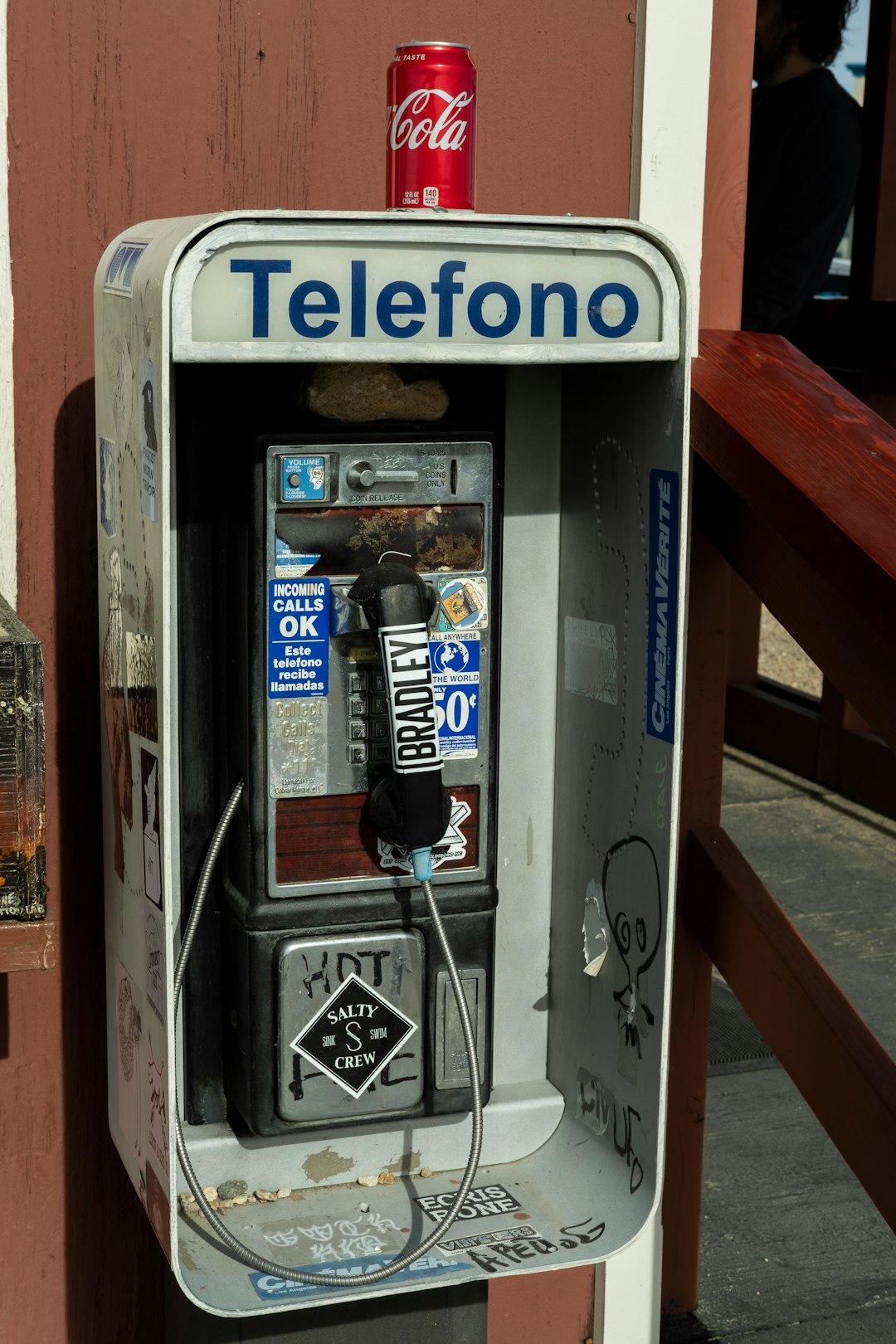In Montana, both state and federal laws, including the Fair Debt Collection Practices Act (FDCPA) and the Montana Debt Collection Act, regulate debt collection practices to protect consumers. Debt collector lawyers in Montana are crucial for navigating these regulations, ensuring collectors adhere to rules on call timing, information disclosure, and conduct. These laws empower debtors by preventing aggressive tactics and misleading statements. If rights are violated during a debt collection call, consulting a qualified lawyer is essential for legal action and remedies under federal or state laws.
“Navigating the complex landscape of debt collection laws in Montana is crucial for both consumers and businesses. In this comprehensive guide, we delve into the intricacies of Montana’s debt collection regulations, empowering individuals with knowledge of their rights. From understanding when and how debt collectors can contact you to recognizing potential violations, this article offers valuable insights. Additionally, discover the vital role that debt collector lawyers in Montana play in ensuring fair practices. Arm yourself with this information to protect your interests effectively.”
Understanding Montana's Debt Collection Laws

Understanding Montana’s Debt Collection Laws
In Montana, debt collection practices are regulated by both state and federal laws to protect consumers from aggressive or unfair tactics. The Fair Debt Collection Practices Act (FDCPA) sets nationwide standards for how debt collectors can interact with debtors, but Montana has its own specific rules as well. These laws cover various aspects, including the timing and frequency of calls, the disclosure of information, and the overall conduct during collection attempts.
If you are facing debt issues in Montana, it’s crucial to consult with a local debt collector lawyer who can guide you through these regulations. Debt collector lawyers in Montana specialize in navigating these complex laws, ensuring that your rights as a debtor are protected. They can help you understand your options, negotiate with collectors, and take appropriate legal action if necessary.
When and How Debt Collectors Can Contact You

In Montana, debt collectors are governed by both state and federal laws that dictate when and how they can contact you. According to the Montana Debt Collection Act, debt collectors must identify themselves and the entity they represent during their initial contact. They are also restricted from contacting you at unreasonable times or places, such as before 8:00 a.m. or after 9:00 p.m., except by mail. This law aims to protect consumers from aggressive or intrusive collection practices.
Debt collector lawyers in Montana advise that collectors must obtain valid information about the debtor and the debt before initiating contact. They can reach out through phone calls, emails, or certified mail. However, they cannot use abusive, threatening, or coercive language or attempt to mislead you about the nature of your debt. It’s crucial for consumers to understand their rights under these laws to ensure fair treatment during debt collection processes.
Your Rights During a Debt Collector Phone Call

When you receive a phone call from a debt collector in Montana, it’s crucial to be aware of your rights. According to Montana debt collector laws, collectors must identify themselves and the company they represent, as well as provide validation of the debt during the initial contact. This means they cannot harass or threaten you; instead, they should communicate in a polite and respectful manner. You have the right to request verification of the debt’s amount and accuracy, and any discussions regarding repayment options or legal actions must be conducted fairly and transparently.
Seeking advice from debt collector lawyers Montana can help ensure your rights are protected. These professionals understand the intricate details of state laws and can guide you through the process, ensuring collectors adhere to their legal obligations. This is especially important if you believe the debt is inaccurate or if you have any concerns regarding the collection practices used. Understanding your rights empowers you to navigate these conversations confidently.
What to Do If You Believe Your Rights Have Been Violated

If you believe your rights have been violated during a debt collection call in Montana, it’s important to take immediate action. The first step is to gather evidence – write down the details of the conversation, including dates, times, and any specific statements made by the collector that you feel were inappropriate or illegal. Keep records of all communications, such as emails or letters, related to the debt.
Next, consult with a qualified Montana debt collector lawyer who can assess your situation and advise you on the best course of action. They can help determine if the debt collector has violated any federal or state laws, such as the Fair Debt Collection Practices Act (FDCPA), which protects consumers from abusive or deceptive practices by debt collectors. Your attorney can then guide you through the process of filing a complaint with relevant authorities and pursuing legal remedies if necessary.
The Role of Debt Collector Lawyers in Montana

In Montana, debt collector lawyers play a crucial role in ensuring that both debtors and creditors’ rights are protected under state laws. These legal professionals specialize in navigating the complex regulations surrounding debt collection practices, which can vary significantly from one state to another. They help maintain fairness and transparency throughout the process, making sure debt collectors adhere to the Montana Debt Collector Phone Call Laws.
Debt collector lawyers in Montana offer guidance on permissible communication methods, frequency of calls, and the types of information that can be disclosed during these interactions. Their expertise enables them to advise clients on how to respond to debt collection efforts while adhering to legal boundaries. This ensures a respectful and lawful debt recovery process for all involved parties.






